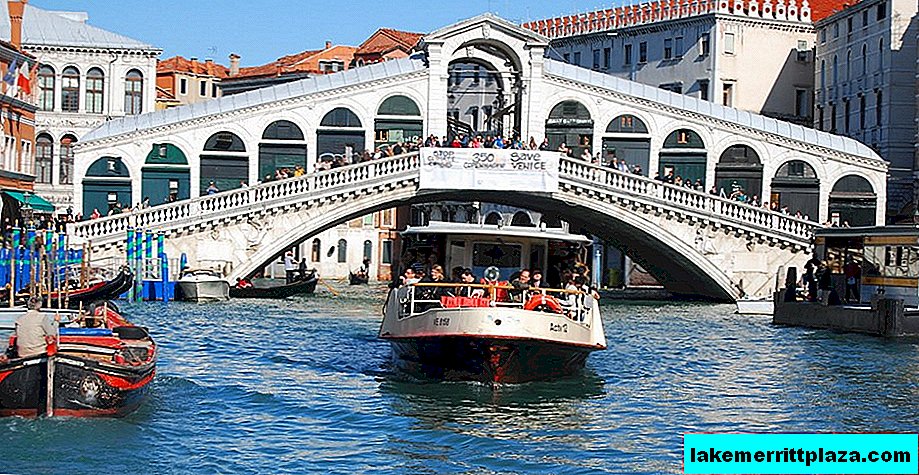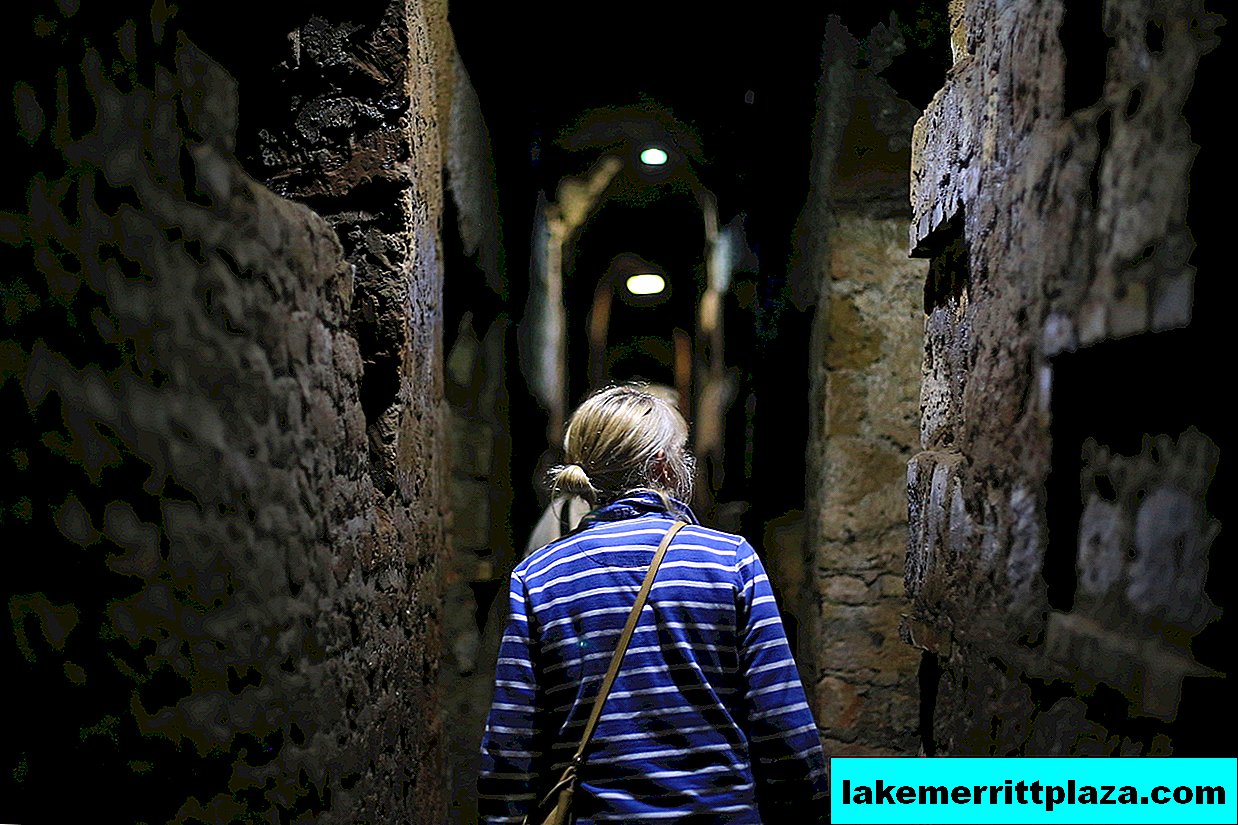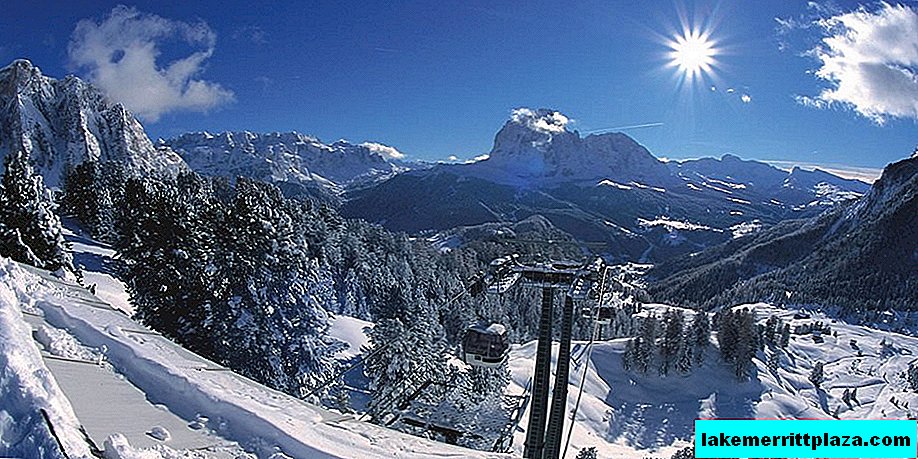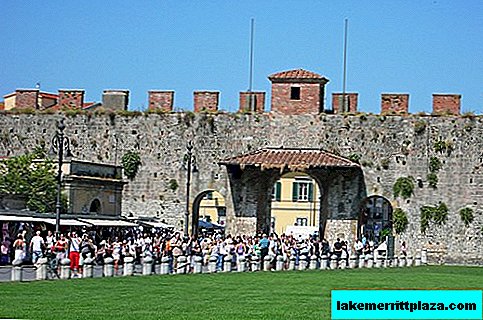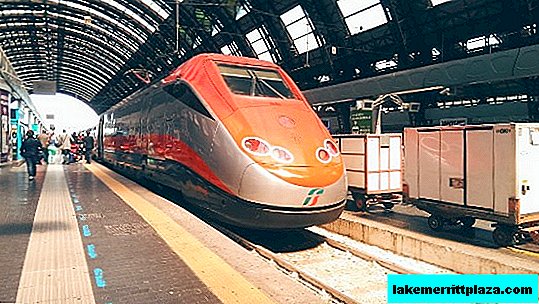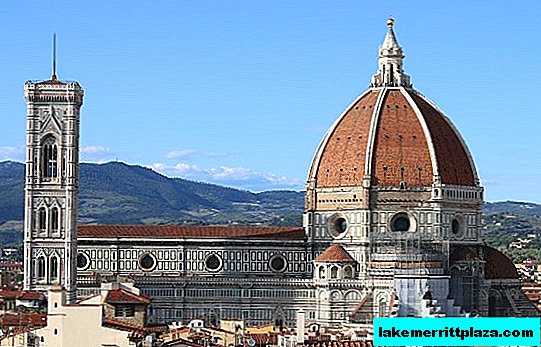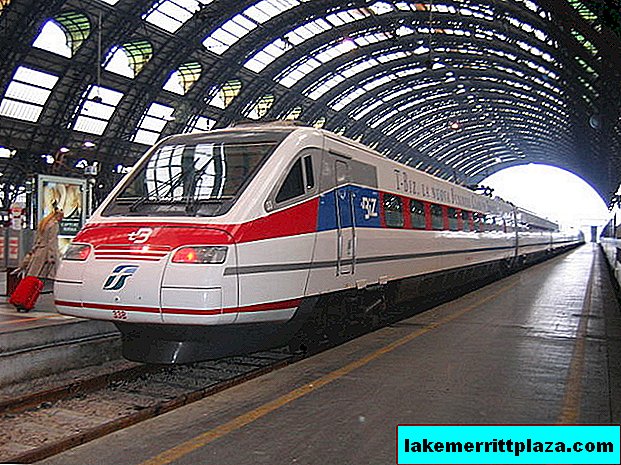Tegel Palace is a romantic place and almost unknown to the general public. This is the property of the Humboldt family. Inside the mansion there is a museum with antique furniture, paintings and a collection of sculptures, most of which are Roman replicas of ancient Greek sculptures.
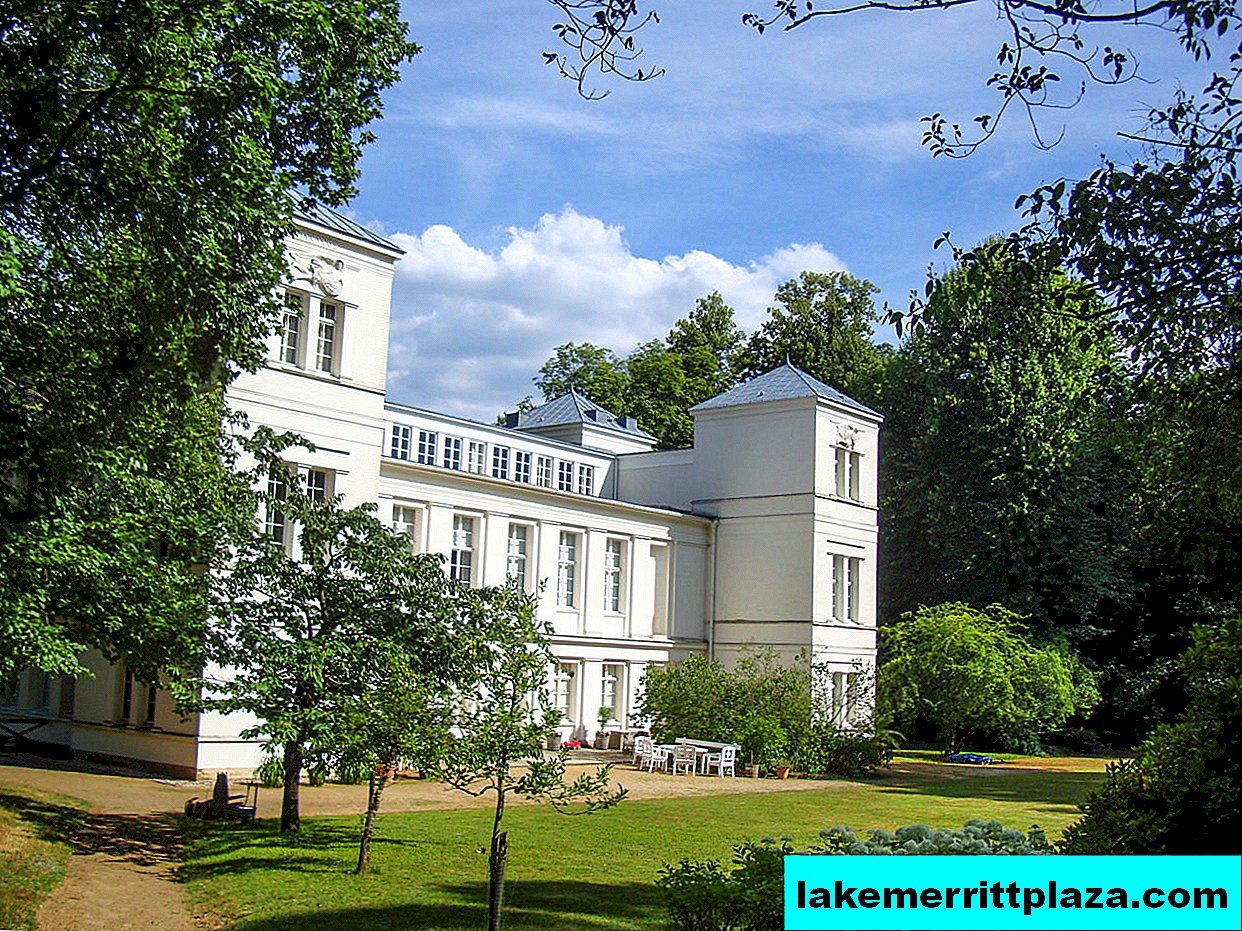
Tegel Palace (Schloss Tegel), photo by Jens-Olaf Walter
Tegel Palace (Schloss Tegel), often called the Humboldt Palace (Humboldt-Schloss), is located in the eponymous district of Berlin and is a striking architectural structure of the area.
Palace History
Previously, this place was a landowner estate, built in 1558. According to the order of Friedrich Wilhelm of Brandenburg, it was rebuilt, turning it into a hunting palace. In 1766, the palace became the property of the Humboldt family, their family nest. Its prominent representatives are the famous scientists Alexander and Wilhelm.

Humboldt Family Clan Nest, photo by Gertrud K.
In the years 1820-1824, at the direction of William Humboldt, the palace was rebuilt in the style of classicism. Supervised the construction of Karl Friedrich Schinkel. The park surrounding the palace was laid in 1777-1789 by Gottlob Johann Christian Kunt, home teacher of the Humboldt family. Since 1802, William Humboldt himself began to arrange the park. This park also houses the Humboldt family crypt, founded by Schinkel in 1829, where more than one generation of the family rests.
Family Palace
To this day, the Heinz family lives in the palace, which are direct descendants of the Humboldt family. A museum dedicated to this illustrious German family is open in the building.
The palace park adjoins the beautiful Tegel Lake, since 1983 it has been recognized as a historical monument and taken under state protection.

Tegel - a palace in the style of classicism, Gertrud K.
Museum Hours
The museum is open only from May to September on Mondays from 10:00 - 16:00.
A visit is possible only with the composition of the tour, which is held at 10, 11, 15 and 16 hours.
The cost of a full ticket is € 12, preferential € 10.
How to get there
Take the buses 133 220 222 N24 N33 N6 125 N25 124 N22 to the bus stop Berlin, An der Mühle or 124 N24 133 222 N22 to the Heiligenseestrasse / Ruppiner Chaussee.

